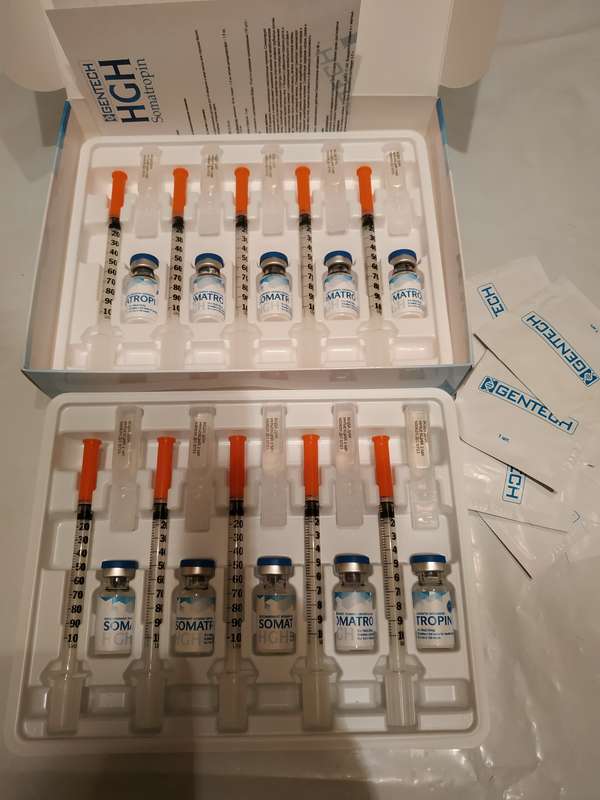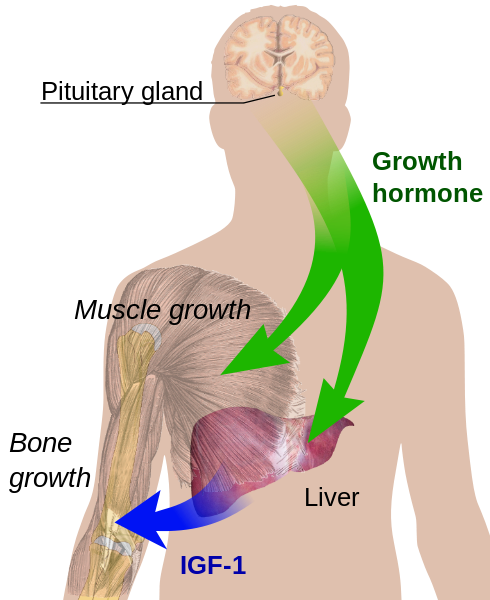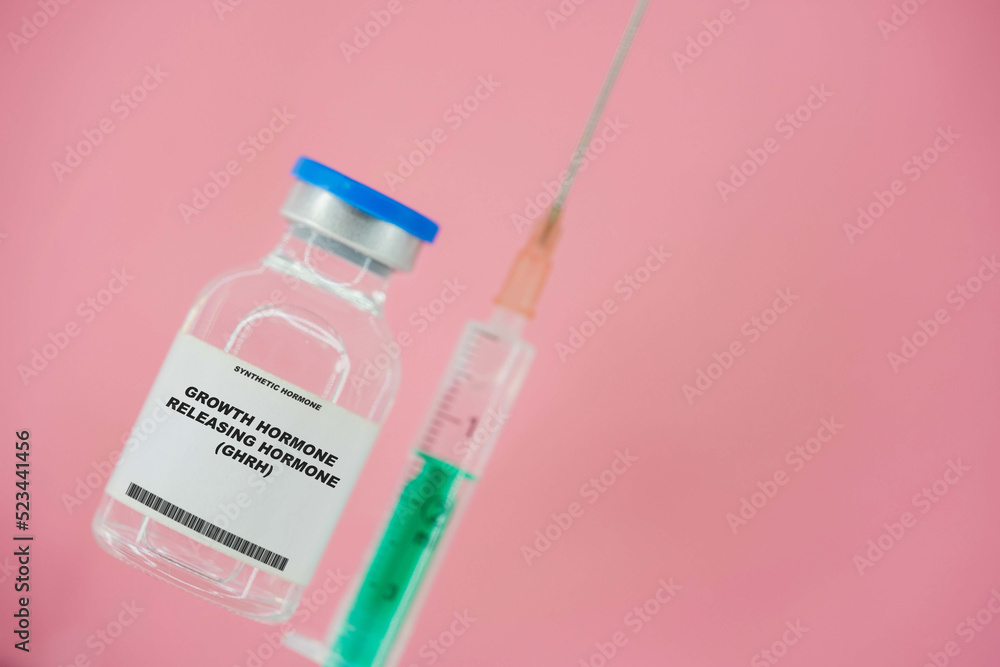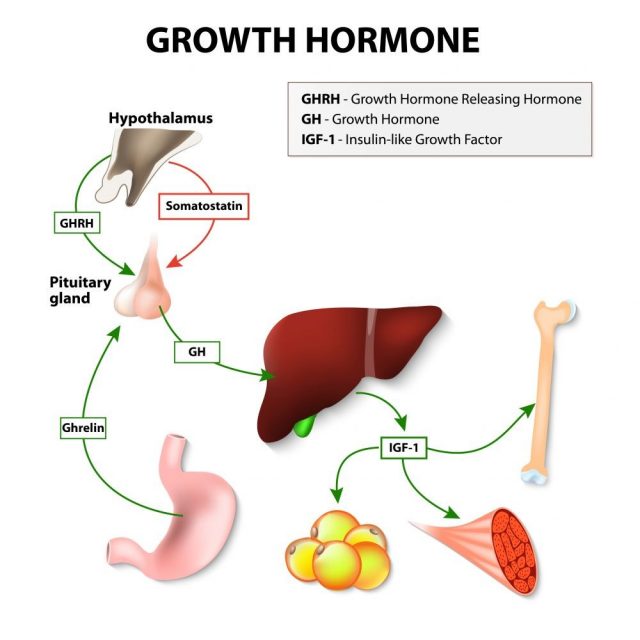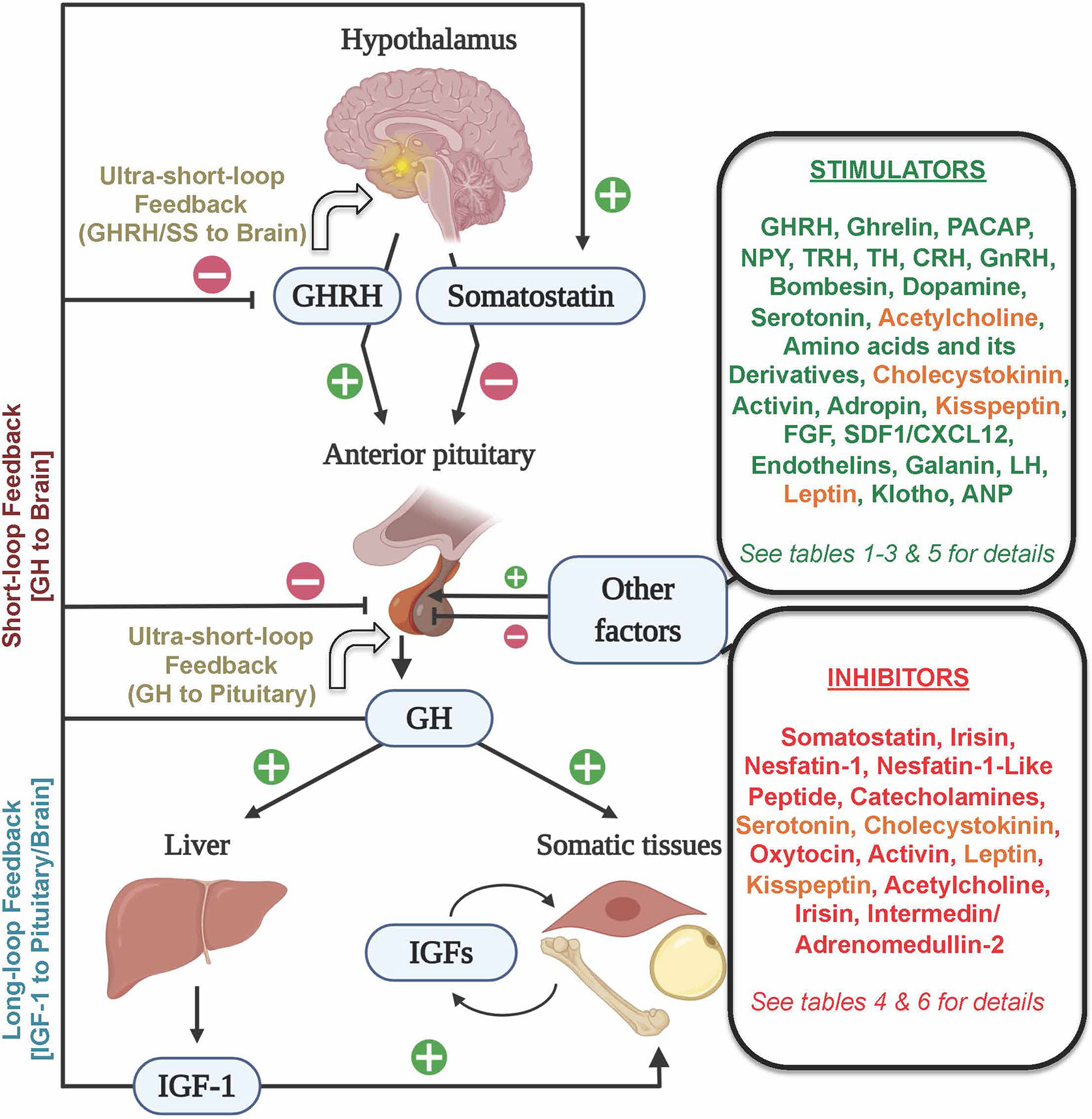Where Can I Buy Growth Hormone

The allure of recapturing youth, enhancing athletic performance, or simply altering body composition fuels a shadowy market where the promise of growth hormone (GH) dangles temptingly. However, navigating this landscape is fraught with legal complexities, health risks, and the prevalence of counterfeit products. The question isn't just about acquiring GH, but about understanding the significant consequences that accompany its misuse and the limited legal avenues for legitimate access.
This article aims to demystify the availability of growth hormone, providing a comprehensive overview of the legal and illegal channels through which it is acquired, the potential health ramifications, and the perspectives of medical professionals and regulatory bodies. We will explore the strict regulations governing GH prescriptions, the dangers of the black market, and the importance of understanding the difference between legitimate medical use and illicit recreational use. The goal is to equip readers with the knowledge necessary to make informed decisions and avoid the serious risks associated with unauthorized GH use.
Legitimate Sources and Medical Necessity
In the United States and many other countries, growth hormone is a controlled substance that requires a valid prescription from a licensed medical doctor. GH therapy is primarily approved for specific medical conditions, mainly growth hormone deficiency (GHD) in children and adults.
Adults diagnosed with GHD, often resulting from pituitary tumors or injuries, may also be prescribed GH to improve muscle mass, bone density, and overall quality of life. The diagnosis process typically involves rigorous testing and evaluation by an endocrinologist to confirm the deficiency.
Conditions like Turner syndrome, Prader-Willi syndrome, and chronic kidney disease in children may also warrant GH treatment under strict medical supervision. These conditions significantly impair growth and development, justifying the use of GH to promote normal growth patterns.
The Prescription Process
Obtaining a legal prescription for growth hormone is a multi-step process that begins with a thorough medical evaluation. This often includes blood tests to measure GH levels and other hormone markers. Further diagnostic tests, such as MRI scans of the pituitary gland, may be necessary to identify underlying causes of GHD.
Even with a confirmed diagnosis, the prescription of GH is not automatic. Doctors must carefully weigh the potential benefits against the risks, considering the patient's overall health and medical history.
Treatment typically involves regular injections of synthetic growth hormone, administered under the guidance of a healthcare professional. Dosage is individualized based on factors such as age, weight, and the severity of the deficiency.
The Black Market and its Perils
The desire for enhanced athletic performance, anti-aging benefits, or cosmetic improvements drives a significant demand for GH outside of legitimate medical channels. This demand fuels a thriving black market where counterfeit and unregulated products are rampant.
Online pharmacies, unverified websites, and unscrupulous dealers often peddle these illegal substances, preying on vulnerable individuals seeking quick and easy solutions. These sources often lack any quality control, posing serious health risks to consumers.
The dangers of black market GH extend beyond the risk of receiving a fake product. These substances may be contaminated with bacteria, toxins, or other harmful ingredients, leading to severe infections or adverse reactions.
Health Risks Associated with Illicit GH Use
The potential side effects of GH use, particularly when obtained illegally and without medical supervision, are numerous and potentially life-threatening. Acromegaly, a condition characterized by abnormal growth of bones in the hands, feet, and face, is a serious risk associated with long-term GH abuse.
Other potential side effects include joint pain, carpal tunnel syndrome, edema, insulin resistance, and an increased risk of certain cancers. Cardiomyopathy, a weakening of the heart muscle, is another serious concern, particularly in individuals with pre-existing cardiovascular conditions.
Furthermore, the use of unregulated GH products can interfere with the body's natural hormone production, leading to imbalances and long-term health problems. The long-term effects of unregulated GH use are often unknown, adding another layer of risk to this dangerous practice.
Regulatory Oversight and Legal Consequences
Regulatory bodies such as the Food and Drug Administration (FDA) in the United States and similar organizations worldwide strictly regulate the manufacture and distribution of growth hormone. These agencies work to prevent the illegal sale and distribution of counterfeit or unapproved GH products.
Possession or distribution of GH without a valid prescription is a federal crime, punishable by significant fines and imprisonment. Athletes caught using GH may also face sanctions from sports organizations.
The legal consequences extend beyond individual users. Individuals involved in the manufacture, distribution, or sale of illegal GH products face even harsher penalties, including lengthy prison sentences and substantial fines.
"The FDA is committed to protecting consumers from the dangers of unapproved and counterfeit drugs, including growth hormone," says an official statement from the FDA. "We will continue to work with our law enforcement partners to disrupt and dismantle illegal operations that put public health at risk."
Looking Ahead: Education and Responsible Practices
Combating the illegal market for growth hormone requires a multifaceted approach that includes education, stricter enforcement, and responsible prescribing practices. Educating the public about the risks associated with unregulated GH use is crucial in deterring individuals from seeking out illegal sources.
Healthcare professionals play a vital role in identifying individuals who may be at risk of abusing GH and providing them with accurate information and counseling. Promoting responsible prescribing practices and ensuring that GH is only used for legitimate medical purposes is also essential.
Ultimately, the decision to use growth hormone is a serious one that should only be made in consultation with a qualified medical professional. Understanding the risks and benefits, as well as the legal implications, is paramount in making an informed and responsible choice.






